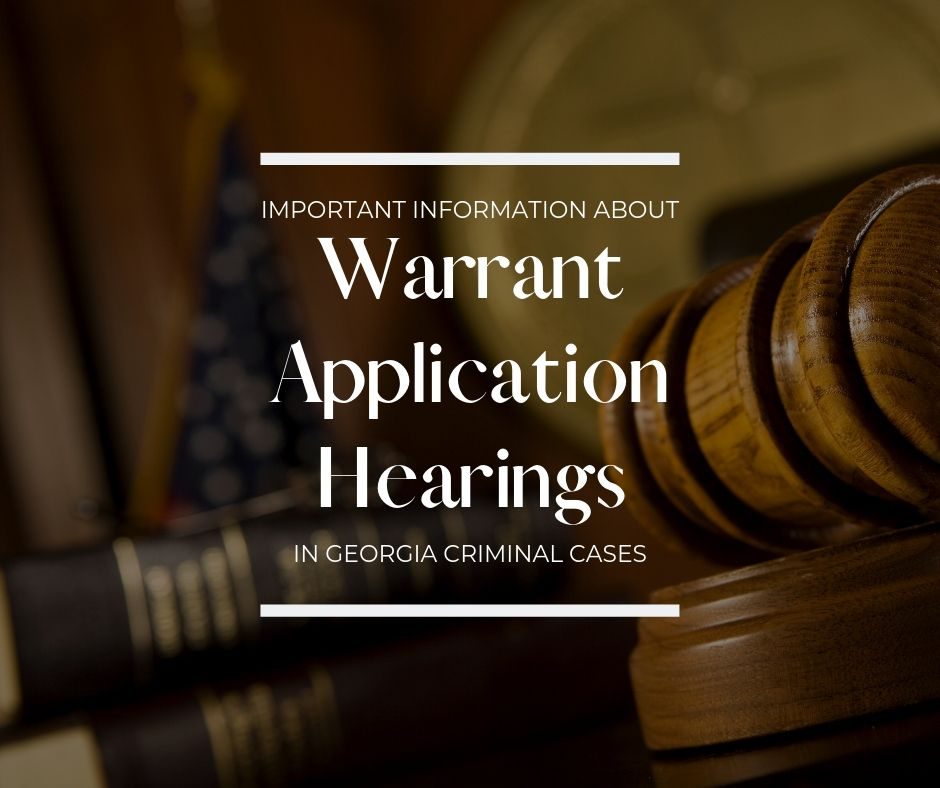Most people have some idea of what a warrant is. I’ve written in previous blog posts about bench warrants (and how to get rid of them), and most people are aware that police officers seek arrest warrants as a routine part of our criminal justice system. But what you may not know is that a private citizen can actually go before a judge and request that another person be arrested, potentially without the participation of law enforcement. This takes place at a Warrant Application Hearing (which may also be called a Misdemeanor Warrant Hearing) and this article will contain everything you need to know about these hearings.
The Application Process
The citizen seeking a warrant (the applicant) must first complete an application, providing the details of the offense, including where and when it occurred. Some jurisdictions strongly suggest that the applicant make a police report with the police department in the jurisdiction where the alleged offense occurred. The applicant should include as much information as possible, including an address and physical description of the person for whom they are seeking a warrant (the respondent). Failure to provide a correct address for the respondent may result in a dismissal of the application. The offense must have taken place in the same jurisdiction in which the application is filed. The applicant is responsible for ensuring that the application is completely and accurately filled out. An attorney familiar with the criminal laws of Georgia may be helpful with this process, though an attorney is not required.
In some jurisdictions, a filing fee may be required in order to file a warrant application. Fulton County, for instance, charges a $20 filing fee, but this is waived in cases of alleged domestic violence or in sex crime cases.
The Hearing
Once the application is completed, a magistrate court judge will administer an oath, read the application, and hear the applicant’s side of the story. If the judge finds, based on the information he or she receives during this stage, that there is probable cause to support a warrant, a hearing will be scheduled. The respondent is notified of the hearing. At the hearing, both parties have the opportunity to present evidence and cross examine witnesses. If the judge believes that probable cause exists, he or she may issue a warrant for anyone, including the applicant, the respondent, witnesses, or other individuals, whether or not they participated in the hearing.
At a warrant application hearing, it is essential to keep in mind three things:
- The probable cause standard is a low bar. It is not even close to the “proof beyond a reasonable doubt” that is required for a criminal conviction.
- If you testify at a warrant application hearing, anything you say is under oath and may be used against you, either at the warrant application hearing or at a later court date. If you make admissions, they can be used against you. If you later make statements that are inconsistent with what you said at the warrant application hearing, that can also be used against you.
- Regardless of whether you are the applicant, the respondent, or a witness, you have the right to have an attorney present with you at a warrant application hearing.
If you have any questions regarding a Warrant Application Hearing, or if you have been notified that someone is seeking a warrant against you, call me today at 404-403-2665.

